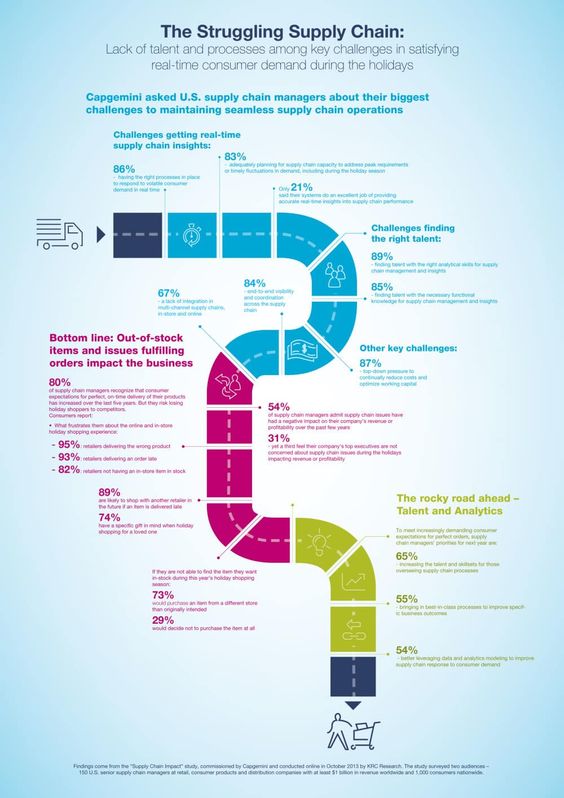Supply chain management is a crucial aspect of every business operation. It involves the coordination of suppliers, manufacturers, distributors, and retailers to ensure a seamless flow of goods and services from raw materials sourcing to delivery to the end consumer. However, managing the supply chain effectively can be challenging, especially in a constantly evolving business landscape. This is where supply chain strategic management comes in. In this article, we will explore what supply chain strategic management is and how it can help businesses achieve operational efficiency.
Understanding Supply Chain Strategic Management
Supply chain strategic management involves the development and implementation of strategies that optimize the supply chain processes to achieve the desired business objectives. It helps businesses align their supply chain operations with their overall goals, which may include cost reduction, improved quality, increased flexibility, and enhanced customer satisfaction. Supply chain strategic management takes into account the different aspects of the supply chain, from procurement to inventory management and transportation.
Benefits of Supply Chain Strategic Management
Effective supply chain strategic management offers several benefits, including:
– Increased operational efficiency
– Reduced costs
– Enhanced risk management
– Improved customer satisfaction
– Increased agility and flexibility
– Improved collaboration with suppliers and other stakeholders
Key Elements of Supply Chain Strategic Management
To implement effective supply chain strategic management, businesses need to consider the following key elements:
– Supply chain design: This involves creating a framework that defines the roles and responsibilities of each supply chain partner and the flow of goods and services from one partner to the other.
– Performance measurement and monitoring: This involves setting performance targets and measuring performance against these targets. This helps businesses identify areas that require improvement and take corrective action when necessary.
– Risk management: This involves identifying potential risks in the supply chain and developing strategies to mitigate them. Examples of risks include natural disasters, supply chain disruptions, and fluctuations in demand.
– Collaboration: Collaboration with suppliers and other stakeholders is an essential element of effective supply chain strategic management. Collaboration helps to enhance communication, reduce costs, and improve efficiency.
Implementation of Supply Chain Strategic Management
The implementation of supply chain strategic management involves the following steps:
– Setting goals and objectives: Businesses need to define the objectives that they want to achieve through supply chain strategic management.
– Analyzing the supply chain: This involves conducting a thorough analysis of the supply chain to identify areas that require improvement.
– Developing strategies: Based on the analysis, businesses need to develop strategies to optimize the supply chain processes.
– Implementing strategies: Businesses should implement the strategies and monitor their effectiveness.
Supply Chain Strategic Management Best Practices
To achieve optimal results from supply chain strategic management, businesses should follow these best practices:
– Maintain open communication with suppliers and other stakeholders
– Embrace technology solutions that enhance supply chain operations
– Monitor and measure performance continuously
– Identify and mitigate risks before they occur
– Foster a culture of collaboration and continuous improvement
Challenges with Supply Chain Strategic Management
Implementing supply chain strategic management can be challenging, especially in a constantly changing business environment. Some of the common challenges that businesses face include:
– Lack of visibility across the supply chain
– Inadequate data analysis and reporting
– Difficulty in aligning supply chain operations with overall business goals
– Resistance to change from employees and partners
You might find these FREE courses useful
- Strategic Technology Management Specialization
- Entrepreneurial Strategic Management
- Strategic Management
- Strategic Management Certificate | IIM Kozhikode | Coursera
Conclusion
Supply chain strategic management is critical to achieving operational efficiency in business. It involves the development and implementation of strategies that optimize the supply chain processes to achieve the desired business goals. By following the best practices outlined in this article, businesses can effectively manage their supply chain and overcome the challenges that come with it.
